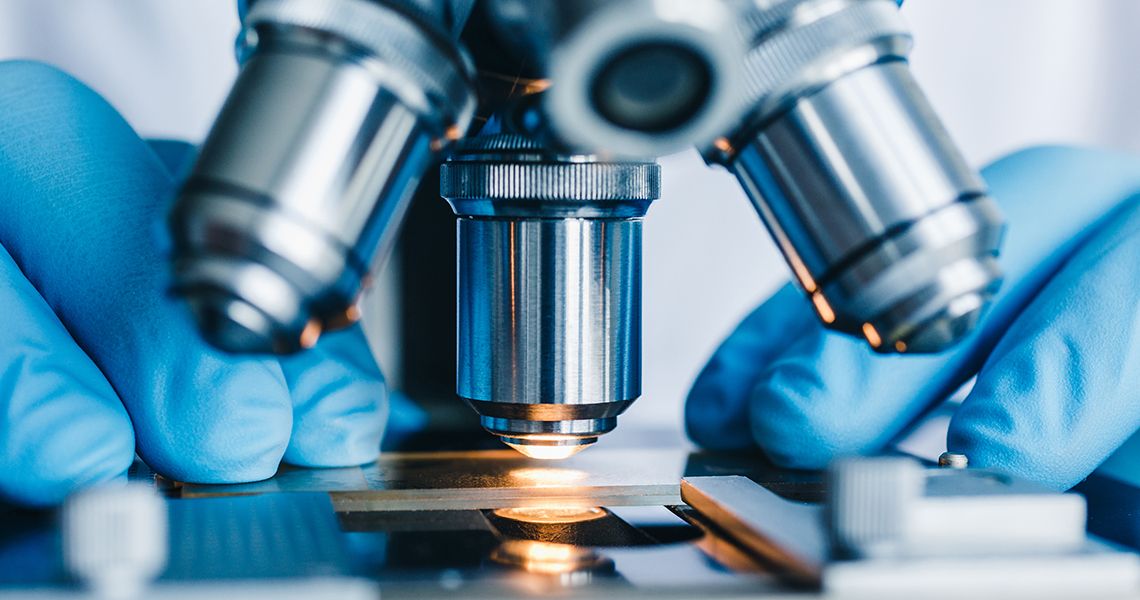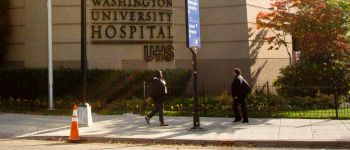Pathology
Services We Offer & Conditions We Treat:
- Immunohistochemistry
- Flow cytometry
- Molecular analysis
- Electron microscopy
- Cytopathology Services
- Fine needle aspirations
The Division of Anatomic Pathology provides a full range of surgical pathology and cytopathology services. Utilizing the latest technology available, including immunohistochemistry, flow cytometry, molecular analysis, and electron microscopy, our highly experienced pathologists provide expert diagnostic services in all subspecialty areas of surgical pathology and cytopathology.
Our cytopathologists are available, by appointment, to perform fine needle aspirations, in our clinic located in the University hospital. The Cytopathology Service utilizes both the standard and ThinPrep methods for Pap smear examination. Postmortem examinations are available for patients admitted to the University hospital and can be arranged for patients cared for outside of the hospital.
Clinical Pathology Division
The clinical laboratories in the University hospital, directed by the Division of Clinical Pathology, provide a comprehensive menu of clinical laboratory testing and services, from routine tests to the most esoteric and specialized assays. Our subspecialist clinical pathologists are available around-the-clock to provide consultation regarding selection and interpretation of laboratory tests and transfusion of blood products. Flow cytometry and molecular diagnostic services are available on-site in our laboratories.
Fine Needle Aspiration
Fine Needle Aspiration is a procedure performed by the physician using a very thin needle (usually a 25 or 23 gauge), which is smaller than the one used to draw blood. The mass or lump to be aspirated is palpated and immobilized. The needle is then inserted into the mass and cells are extracted. The material is then expelled onto a glass slide, and into a special solution for additional smears to be prepared. The needle remains in the mass for about 5 seconds during each needle stick.
The size of the mass determines the number of needle sticks necessary. The lesion is usually aspirated three times to obtain both a representative and an adequate sample. There is no need for anesthesia. The procedure is usually well tolerated, although there may be minor discomfort, which varies from patient to patient.
Insurance coverage varies from policy to policy. Read your policy carefully or contact your insurance company's representative to determine which services are covered. You will be responsible for any services your insurance company does not cover or pay. Our Admitting personnel may also help answer your questions. Please bring your insurance card with you the day of your appointment.



